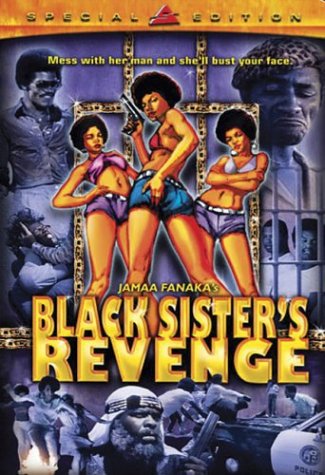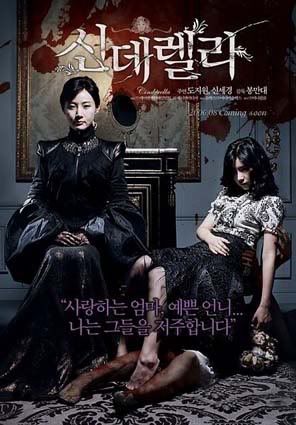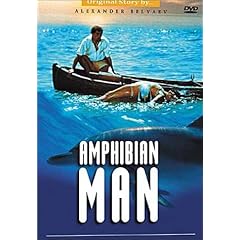
SOSEJI-(GEMINI)-1999-More weirdness from the director of TETSUO 1 & 2, Shinya Tsukamoto. In Japan circa the 19th century Yukio (Masahiro Motoki) is a well respected doctor married to Rin (Ryo) who seems to have amnesia where her past is concerned. One night after his parents are murdered Yuko is attacked and thrown into well. Surprise! It turns out Yukio has a twin brother he never knew about! A Siamese twin separated at birth and left to die. He’s back for revenge and for Rin who was once his lover/ partner in crime when they were growing up in the slums. Flashbacks explain the whole thing. This strange film is very well done.
-------------------------------------------------------------------------------------------------
From TheTelgraph:
Neal Hefti, who died on Saturday aged 85, was a composer and arranger whose work played a crucial role in the success of two great jazz orchestras, that of Woody Herman in the mid-1940s and of Count Basie from 1950 onwards; he went on to write award-winning scores for Hollywood films and television shows.
From the very beginning Hefti seemed to have a natural affinity with the big-band format of brass, saxophone and rhythm sections. At its best, his writing sounds deceptively simple, with neatly interlocking melodic lines, clearly contrasting textures and an unfailing instinct for the swinging phrase.
Neal Paul Hefti was born into a musical family at Hastings, Nebraska, on October 29 1922. His mother was a music teacher and, together with his three brothers and two sisters, he received lessons in piano and basic musical theory from an early age. He was given a trumpet for Christmas, aged 11, and took to it immediately, winning numerous prizes in school band competitions. While still in high school he began writing arrangements for carnival bands, and soon his scores were being bought by the local Howard White agency for the use of dance bands on their books. He was almost entirely self-taught, picking up ideas from bands he heard on the radio.
In 1941 Hefti moved to New York, where he played trumpet in the bands of Charlie Barnet and Charlie Spivak. He travelled with the latter to Hollywood in 1943 to appear in the film Pin Up Girl, starring Betty Grable, and stayed on when the band returned to New York. After playing for a while in Los Angeles with Horace Heidt's band, Hefti joined the Herman trumpet section. It was here that his composing and arranging first made an impression on the jazz world at large. Herman had perhaps the most exciting and adventurous big band in the world at that time. Young, enthusiastic and packed with talented soloists, it combined the directness of the swing era with the audacity of the rising bebop generation.
During the year he spent with Herman, Hefti composed four of the band's most popular and characteristic pieces: Wild Root, The Good Earth, Apple Honey and Blowin' Up a Storm. In October 1945 Hefti married Herman's vocalist, Frances Wayne. The couple left the band soon afterwards, and settled in New York to pursue freelance careers. Hefti became a studio arranger and conductor. "Whatever the studio wanted me to do, I learned how," he recalled. "I did big bands, vocal 'doo-wahs', pop artists, catalogue music. I loved it all."
The big-band business collapsed dramatically at the end of the 1940s, and by 1950 most bandleaders had given up the struggle. Count Basie was forced to cut down to an eight-piece, and Hefti was called upon to supply some material for it. He came up with two numbers, Neal's Deal and Bluebeard Blues, which remain unsurpassed for the ingenuity with which the slim resources are deployed. Basie managed to start a second big band the following year and, for its first recording session, Hefti produced another masterpiece. This was Little Pony, a bravura feature for the tenor saxophonist Wardell Gray, whose lithe elegance contrasted delightfully with the weight of the full orchestra. Hefti contributed regularly to Basie's repertoire over the next decade, most notably the 1957 album E=mc², which came to be known as The Atomic Basie, containing such pieces as The Kid From Red Bank, Flight Of The Foo Birds and Lil' Darlin'. This won two Grammy awards.
It is often said that it was Hefti's attractive themes and exuberant arrangements which made the Basie band an international draw. It is also said that Basie's instructions to later arrangers, to "do it just like Neal", had an ultimately stultifying effect on the band's music. Hefti's output over the two post-war decades was quite remarkable, both in productivity and in its consistently high quality. In addition to 60 scores for Basie, he produced string accompaniments for both Charlie Parker and Clifford Brown; albums with Coleman Hawkins, June Christy, Georgie Auld; and, most notably, Harry James, plus numerous recordings under his own name. He scored a minor hit in 1951 with a catchy tune entitled Coral Reef and made a superb album, Songs For My Man, with his wife in 1956.
When Frank Sinatra started his own label, Reprise Records, in 1961, he persuaded Hefti not only to arrange for him but also to become his producer. Although not keen on the production role, he liked and admired Sinatra and they made two albums together, Sinatra-Basie and Frank Sinatra And Swinging Brass (both 1962). After this, Hefti devoted himself to film and television work. His most successful scores included How To Murder Your Wife and Sex And The Single Girl (both 1964), Barefoot In The Park (1967) and The Odd Couple (1968). His 1965 score for Harlow included the hit song Girl Talk. In 1966 he gained a Grammy Award for his theme to the Batman television series. Following his wife's death in 1978, Hefti gradually withdrew from active music making. In later years he concentrated on "taking care of my copyrights". Neal Hefti is survived by his son; a daughter predeceased him.















